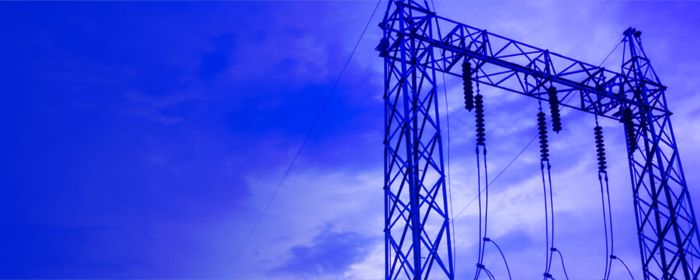Nigeria’s power sector has undergone significant transformation over the past decade, navigating the complexities of managing a national grid. In 2013, the Transmission Company of Nigeria (TCN) assumed the dual role of managing electricity transmission infrastructure and serving as an independent system operator. Despite TCN’s efforts, persistent challenges such as aging infrastructure and operational inefficiencies revealed the need for reform.
The Electricity Act of 2023, signed by President Bola Tinubu, ushered in strategic change by unbundling TCN and establishing the Nigerian Independent System Operator (NISO), a process formalised through the NERC Order on the Establishment of the Independent System Operator (Order no: 2024/45).
This restructuring assigns NISO responsibility for critical system operations, including generation dispatch, grid coordination, and market oversight, while allowing TCN to focus solely on transmission infrastructure. Such a shift promises a more reliable and accountable electricity grid, opening new possibilities for private investment in Nigeria’s dynamic power sector. In this article, we explore NISO’s role in the Nigerian Electricity Supply Industry (NESI) and highlight the promising avenues it opens for investors.
Click here to read the full publication.



